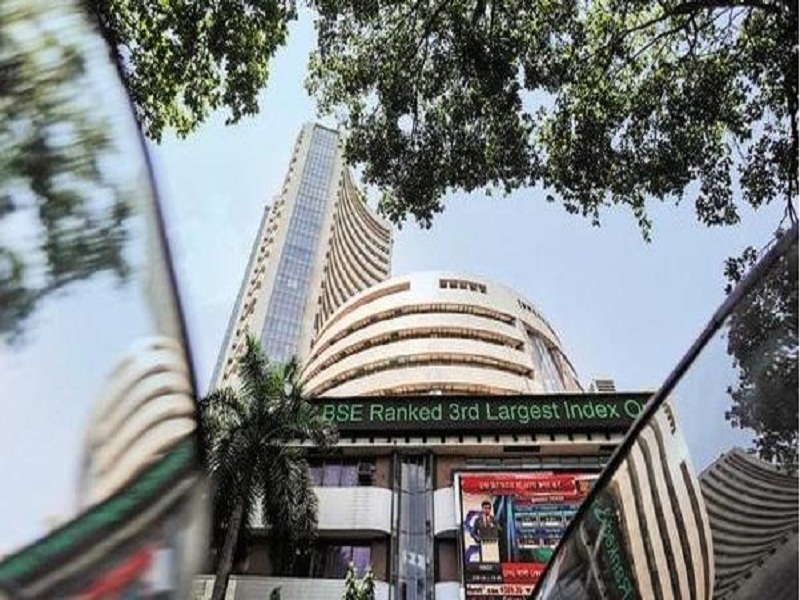India's coronavirus crisis may derail the world economy
Published On: Saturday, May 1, 2021 | By: Team KnowMyStock

The second wave of the COVID-19 pandemic has struck India with a devastating impact. With over 300,000 new cases and 3,000 deaths across the country each day at present, the total number of deaths has just passed the 200,000 mark – that’s about one in 16 of all COVID deaths across the world. There is now a humanitarian crisis of significant proportions. India is a country of 1.4 billion people and makes up a sixth of the world’s population. Hence it is also most likely going to affect the world economy. India is itself the fifth largest economy in the world. With relatively high growth rates (of between 4% and 8%) and its large size, it has a significant impact on the world economy.
Even in early 2020, before the pandemic took hold, the IMF had cited India’s indifferent output as the main reason for sluggish world growth figures in 2018 and 2019. The IMF downgraded its 2020 forecast to 5.8% partly because it expected more of the same from the subcontinent. Now it looks as if world growth for 2020 was down by around 4%, with India down 10%.Everyone has been expecting a great rebound in 2021 from both India and the world, but that now looks seriously doubtful.
In terms of knock-on effects, the scale of the crisis in India is likely to mean that international restrictions remain in place for longer than hoped.
On a recent flight from New Delhi to Hong Kong, for instance, 52 passengers tested positive for COVID. We also know that the Indian variant is already in the UK (while some of India’s second wave, notably in the Punjab, has been caused by the UK variant).Preventing this spread from India requires strict quarantines and travel restrictions. This is bad news for airlines, airports and the businesses that depend on them, so this too will have a large dampening effect on global economic growth.
The pharmaceutical industry in India is the third largest in the world in terms of volume and 11th largest in terms of value. It contributes 3.5% of the total drugs and medicines exported globally and about 20% of the global exports of generic drugs. If these exports are in doubt, there will be all sorts of consequences for healthcare around the world, which will again feed through to global growth.The crisis in India has already meant that the exports of the vaccine have been postponed or called off, leaving many countries vulnerable to fresh waves of the virus and probably delaying their efforts to return to business as usual. If India is unable to provide vaccine supplies to the rest of the world, we can expect spillover effects in the form of recurrent lockdowns, increased need for social-distancing measures, and a significant decrease in economic activity.
India provides back-office staff for many activities in western Europe and the US, especially in the health and financial sectors. With these services now in jeopardy, the US Chamber of Commerce, for one, is concerned that the Indian economy could create “a drag for the global economy”.For the UK, too, trade links with India are especially important in the aftermath of Brexit.
We are on Telegram!
JOIN our telegram channel to receive updates on Financial News and Stock and FNO Tips.
Click Here!
Follow Us On:






